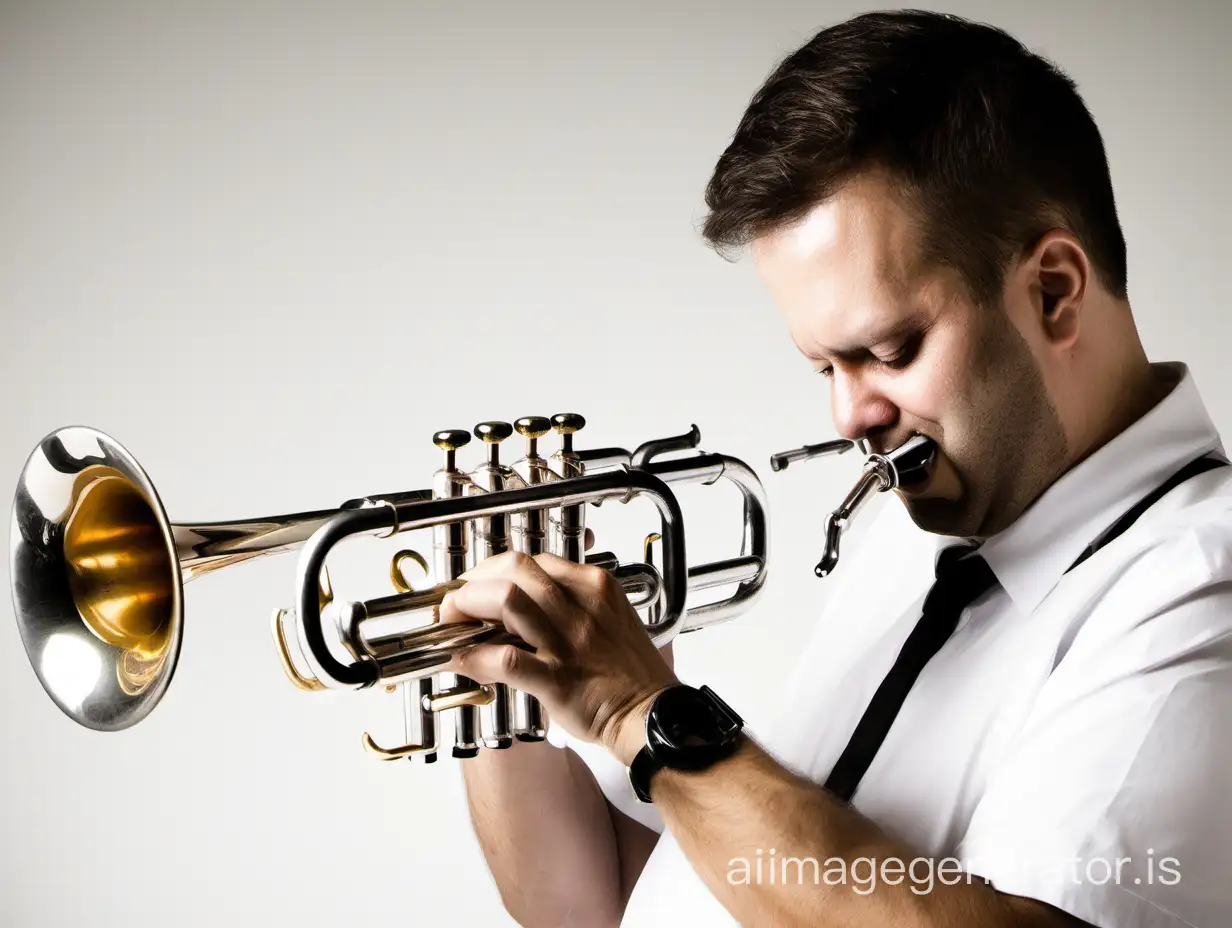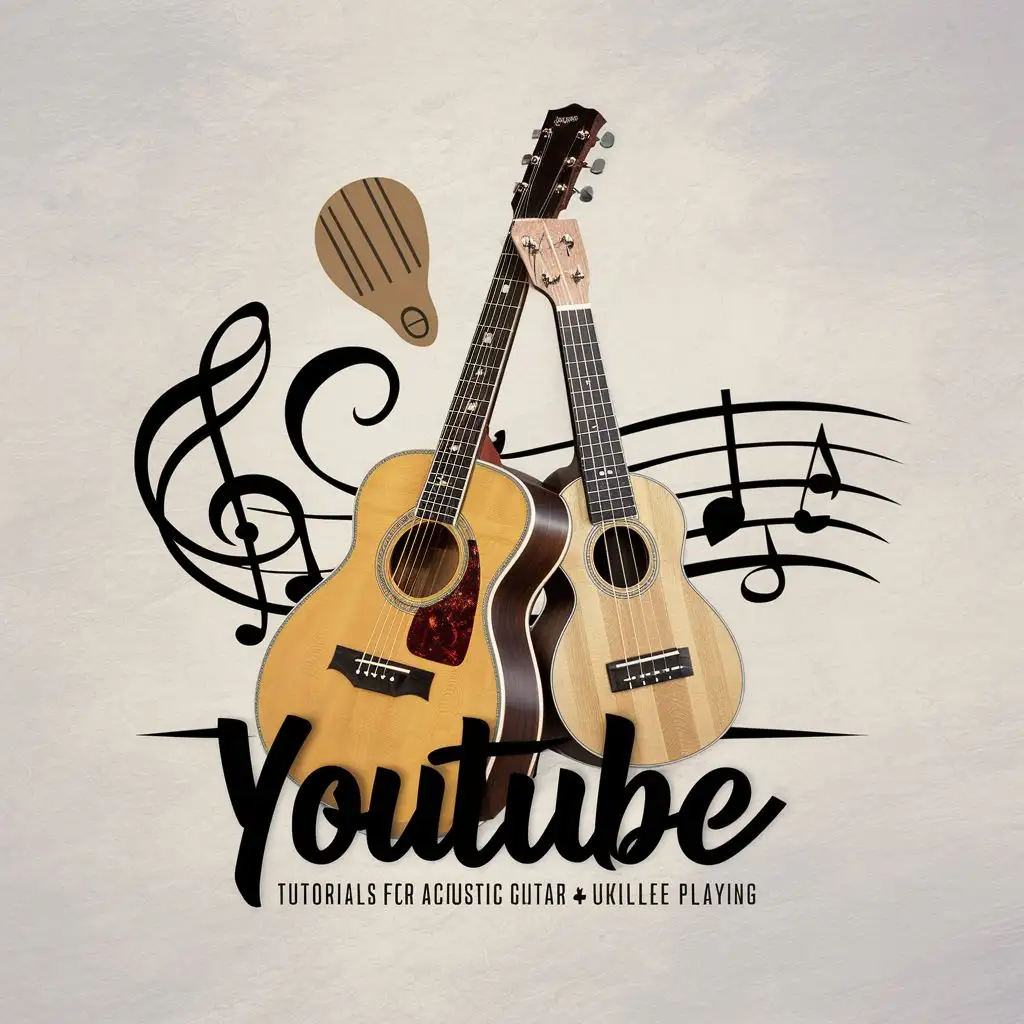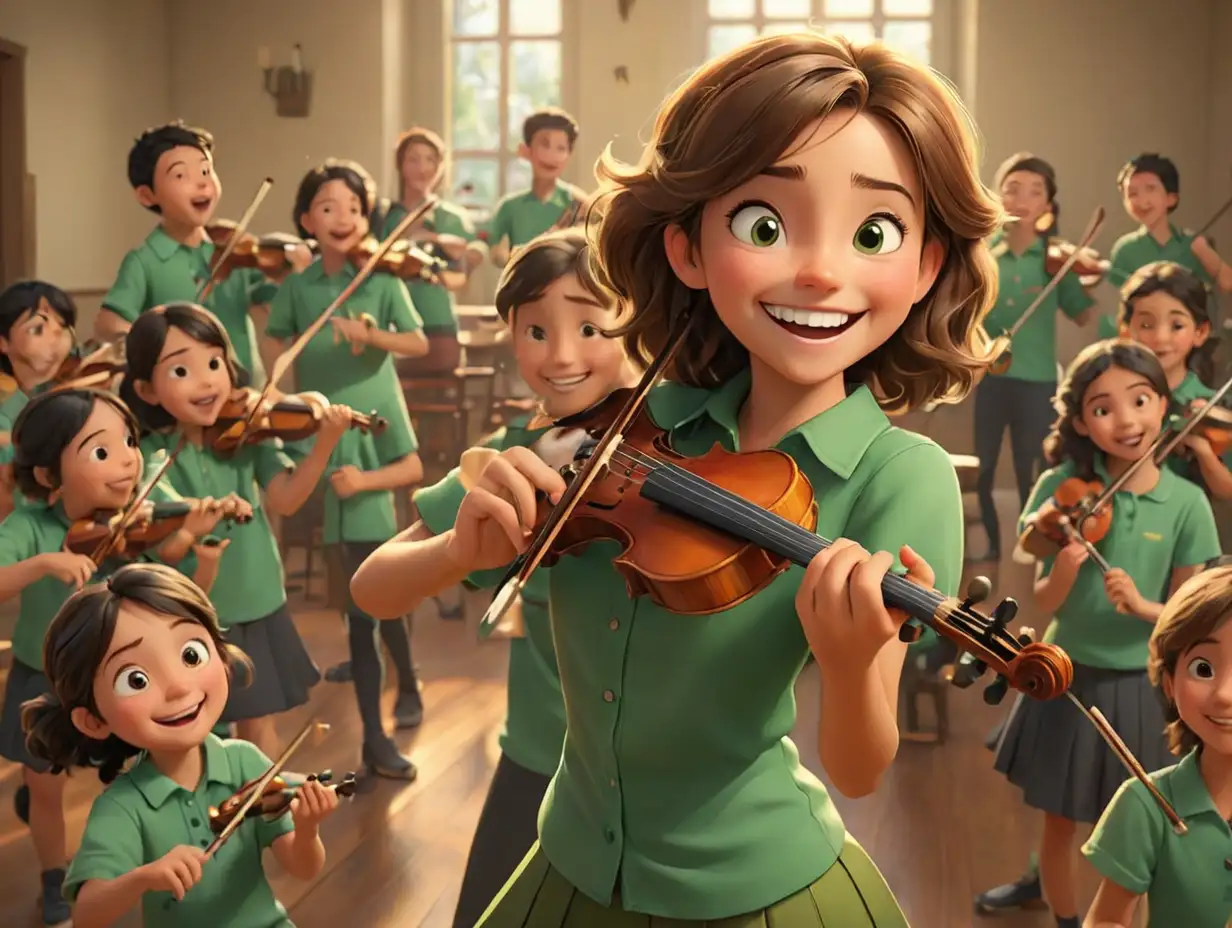Free music education Image Generator
Just imagine, and we'll instantly return a variety of personalized music education images—designed to bring your creativity to life!
- 4:3
- 3:4
- 1:1

image.state.default




Related Tags
Music Education plays a critical role in society by fostering creativity, improving cognitive skills, and enhancing emotional well-being. It involves the systematic teaching and learning of music theory, performance, and appreciation across various age groups. Through structured programs in schools, private lessons, and community initiatives, music education helps individuals develop a deep understanding of music's cultural and historical significance, as well as its technical and artistic aspects. It promotes teamwork, discipline, and confidence, contributing to well-rounded personal development.
The Role and Importance of Music Education in Society
Music Education encompasses a variety of key elements and tools essential for effective learning. These include musical notation, instruments, and technology. Notation serves as the written language of music, allowing for the communication and preservation of musical ideas. Instruments, ranging from classical options like piano and violin to modern digital tools, are crucial for practical learning and performance. Advances in technology have introduced innovative tools such as music software, apps, and online platforms, making music education more accessible and interactive. These resources enhance traditional teaching methods, offering diverse learning experiences.
Key Elements and Tools in Music Education
Influential music educators have made significant contributions to the field, shaping how music is taught and appreciated. Figures such as Zoltán Kodály, Carl Orff, and Shinichi Suzuki have developed renowned methodologies that emphasize active participation, creativity, and a strong foundation in music fundamentals. Kodály's approach integrates singing and ear training, Orff's method combines music, movement, and speech, while Suzuki's philosophy focuses on learning music in a manner similar to language acquisition. These educators' pioneering techniques continue to inspire contemporary music education practices worldwide.
Influential Music Educators and Their Contributions
The future of Music Education is marked by exciting trends and innovations that promise to transform the learning experience. Digital technologies, such as virtual reality, AI-driven music composition tools, and online collaborative platforms, are expanding the boundaries of traditional music education. These advancements allow for personalized learning paths, real-time feedback, and global collaboration. Additionally, there is a growing emphasis on inclusivity and diversity in music education, ensuring that learners from all backgrounds have access to high-quality music instruction. As these trends continue to evolve, they will shape the future landscape of music education, making it more dynamic and accessible.
The Future of Music Education: Trends and Innovations